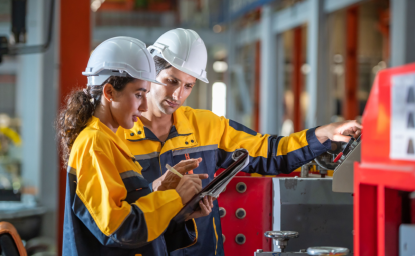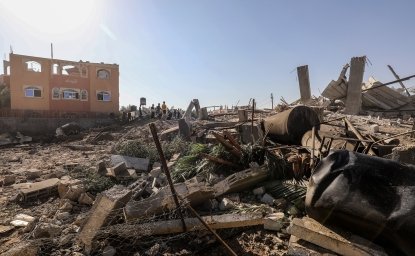On January 20, the Wilson Center’s Urban Sustainability Laboratory and Meeting of the Minds co-hosted “The Next Urban Future: Smarter and More Resilient Cities,” a seminar to examine tools, policies, and strategies for building urban resilience in the digital age.
Jerry Miller, Director of the Science and Technology for Sustainability Program at the National Academies of Sciences, Engineering, and Medicine, discussed “Pathways to Urban Sustainability: Challenges and Opportunities,” a framework for guiding federal agencies to coordinate efforts to incorporate urban sustainability into decision-making. The study is “a very positive sign of our federal agencies recognizing the emerging needs of cities,” said Miller.
Scott Mauvais, Director of Civic Innovation at Microsoft, discussed new technologies that are making city services available to citizens “at home, at night, on your couch, in your pajamas,” in ways similar to online shopping or social media experiences.
Mary Casillas Salas, Mayor of Chula Vista, detailed the city’s community-driven development plans for the waterfront and eastern areas of the city, creating a community with economic and environmental sustainability. Chula Vista drafted its first climate action plan in 1994 and has been nationally recognized as a local government leader in climate action planning and sustainability.
Jon Walton, Chief Information Officer of San Mateo County, highlighted projects that address digital connectivity challenges in San Mateo County by partnering with neighboring jurisdictions to create a more inclusive community. “Our job as a government sometimes isn’t always to solve a problem, or to be a transactional base but to create a community. I think for us, Wi-Fi was one of the starting points,” said Walton.
Presentations can be viewed on the Meeting of the Minds website.
Join our conversations on @MeetoftheMinds!





